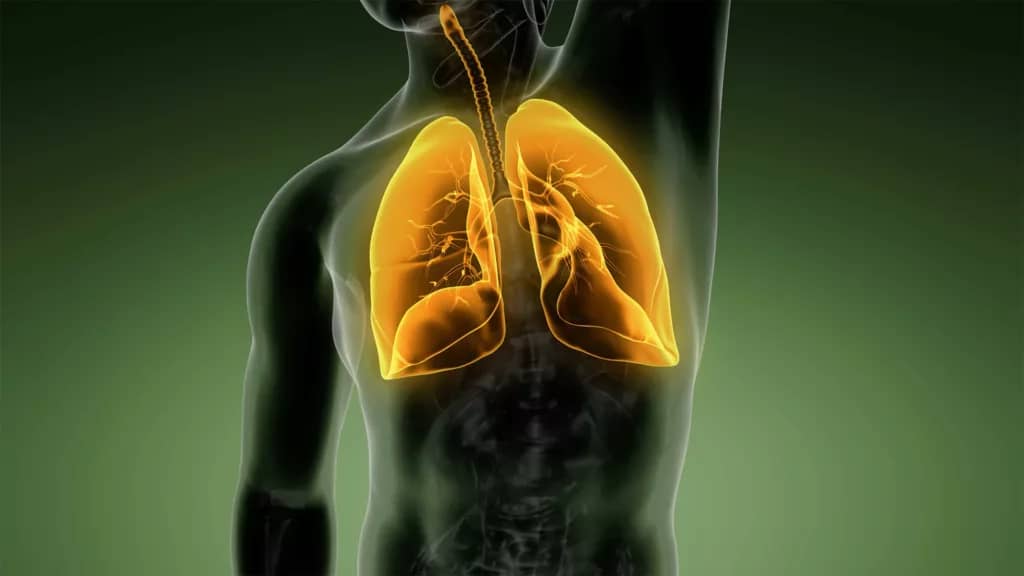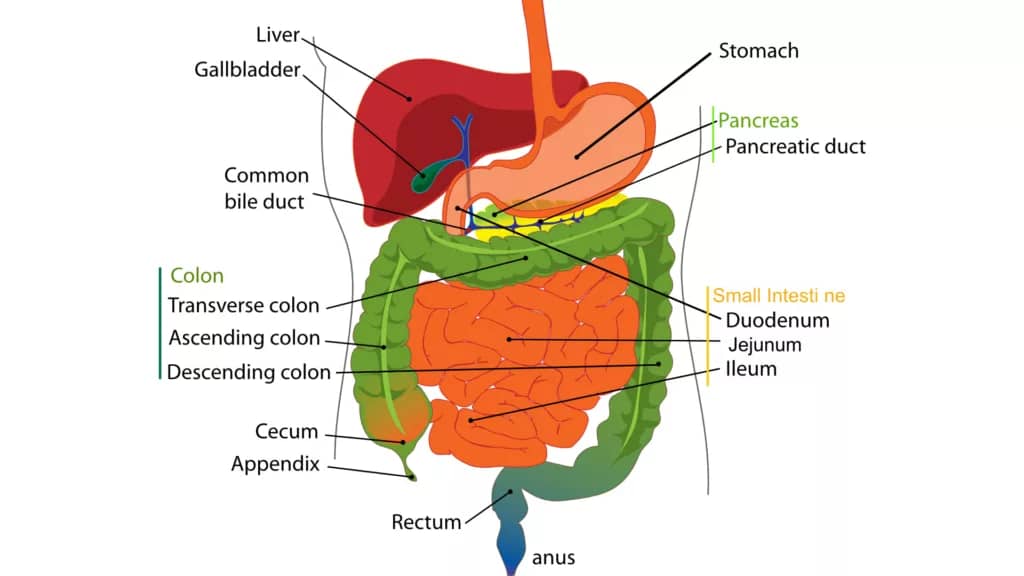Addiction Recovery
Addiction is a multifaceted condition characterized by compulsive behavior despite harmful consequences. Often involving both physical and psychological components, addictions can be challenging to overcome. Traditional treatment options, such as counseling, support groups, and medication-assisted therapy, are effective but may not be enough on their own. Acupuncture, as part of Traditional Chinese Medicine (TCM), can be a complementary approach to help address addiction.
Acupuncture can alleviate physical withdrawal symptoms by increasing the release of endorphins, which are natural pain-relieving and mood-enhancing chemicals in the body. This can help reduce symptoms such as anxiety, depression, insomnia, and cravings. Moreover, acupuncture can help address underlying causes of addiction, such as stress, anxiety, depression, and emotional trauma. By balancing the flow of Qi (energy) in the body, acupuncture can help reduce feelings of stress and anxiety, and promote a sense of calm and relaxation.
Overall, acupuncture can support physical and emotional health during addiction recovery. By stimulating specific acupuncture points, acupuncture can help improve sleep, boost the immune system, and support healthy digestion. Acupuncture can be a valuable addition to addiction recovery treatment, alongside other forms of therapy and support.
In TCM, addiction is seen as an imbalance in the body’s Qi, which disrupts the normal functioning of internal organs and systems. Addictive substances or behaviors are thought to overstimulate and deplete the body’s energy, leading to further imbalances and the development of physical and emotional symptoms.
Acupuncture, one of the primary modalities of TCM, involves the insertion of thin needles at specific points on the body to regulate the flow of Qi. In the treatment of addiction, acupuncture may be used to address the underlying imbalances and help alleviate withdrawal symptoms, reduce cravings, and promote relaxation.
Some common acupuncture points used in treating addiction include:
- Ear acupuncture (auricular acupuncture) – The ear is believed to be a microsystem that represents the entire body. By stimulating specific points on the ear, practitioners can address various aspects of addiction, such as cravings, withdrawal symptoms, and emotional well-being.
- Shen Men (HT 7) – This point, located on the wrist, is believed to calm the mind and alleviate anxiety, stress, and insomnia, which can be associated with addiction.
- Zusanli (ST 36) – Located below the knee, this point is thought to strengthen the immune system, improve digestion, and promote overall well-being.
It’s crucial to note that acupuncture and TCM should be used as a complementary approach alongside conventional addiction treatment, such as counseling, support groups, and medication-assisted therapy, to maximize the chances of recovery. It’s also essential to consult a qualified healthcare practitioner to receive a proper diagnosis and appropriate treatment plan for addiction.





